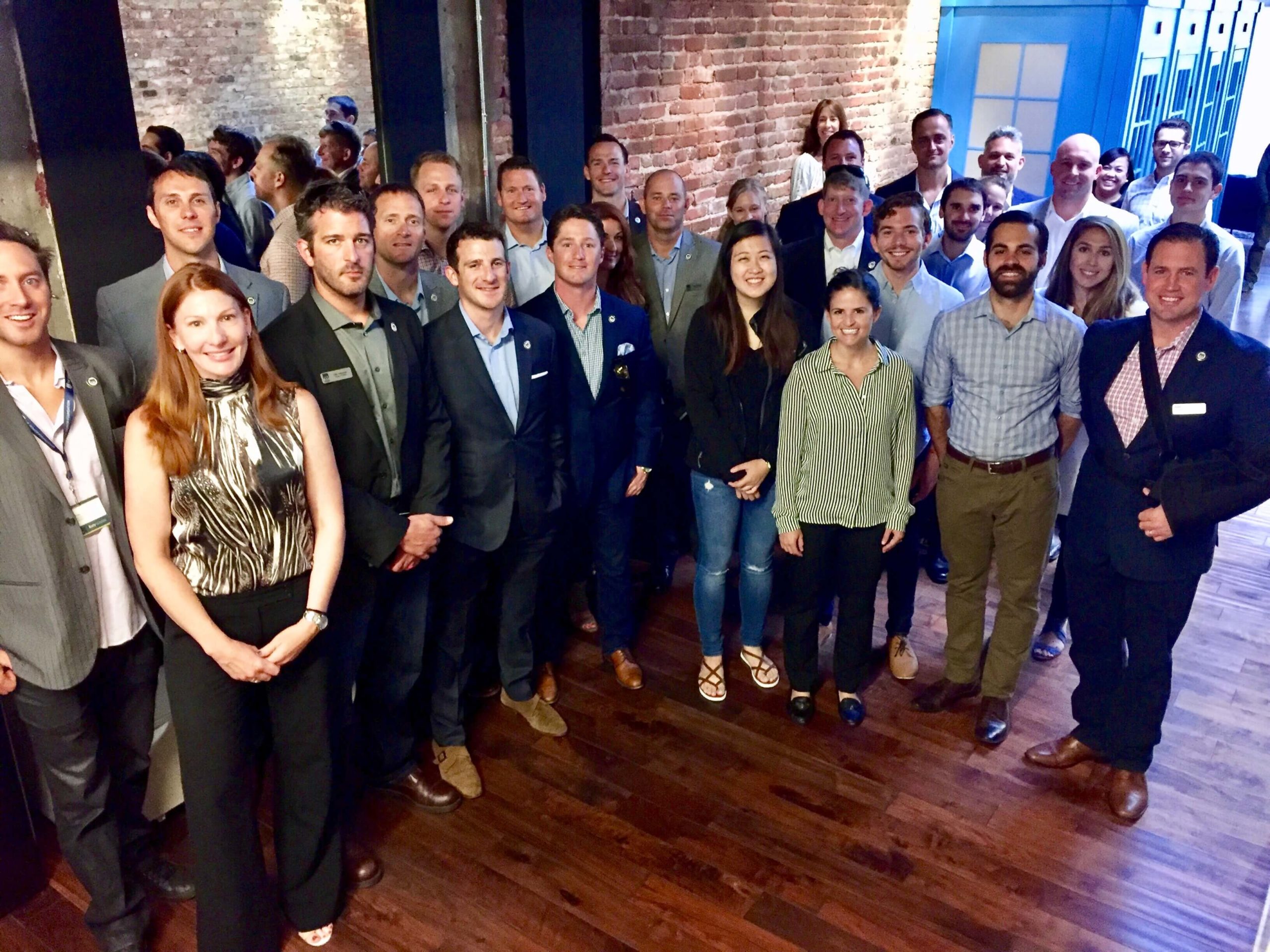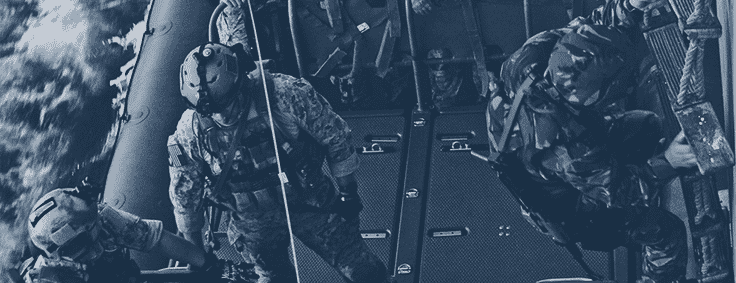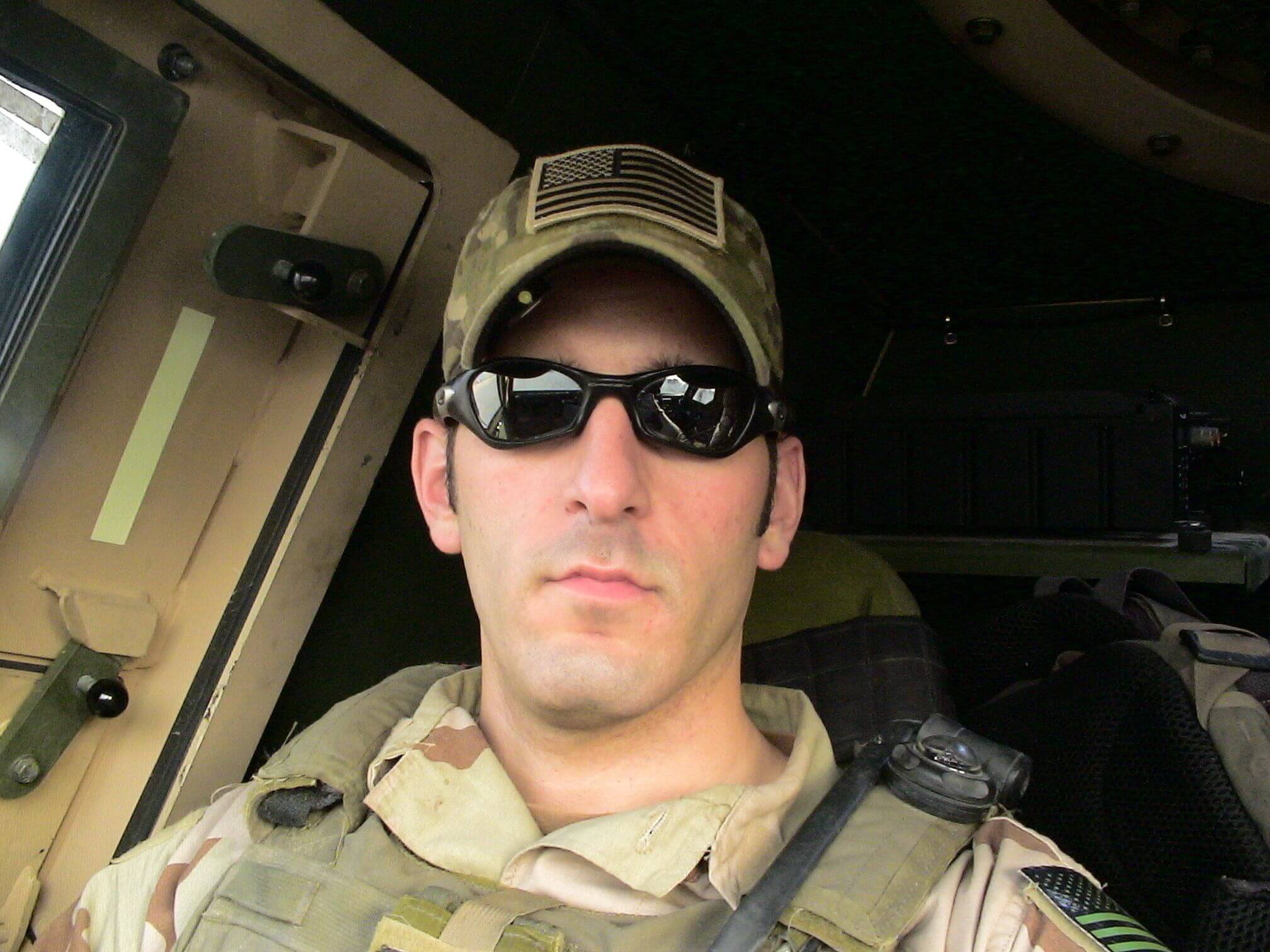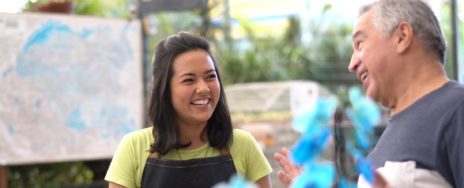The Honor Foundation (THF) is a unique transition institute created exclusively for Navy SEALs and the U.S. Special Operations community. They’re dedicated to preparing these outstanding men and women to continue to realize their maximum potential during and after their service career. As part of their efforts to ease the transition into civilian positions in the workforce, they do a tour of small, midsize, and large companies to expose members to different career opportunities.
THF Meets the Beekeeper Team
This year we invited 35 of these Special Operations Forces (SOF) personnel to take a tour of Beekeeper. At first we were excited to teach them about our product, company, how we operate, and open positions, but we quickly realized that we were the ones that had so much to learn from this esteemed group. They’re not only highly skilled in combat, they are also brilliantly business savvy and know how to run successful teams like clockwork. From engineers, to data scientists, to marketing professionals, to entrepreneurs—their backgrounds cover it all. During our presentation, each member asked insightful questions and gave valuable feedback. Needless to say, we were incredibly impressed by everyone and humbled by the experience. Not to mention they are just a fun group to get to know on a personal level! 
Transitioning into Civilian Life
I’ll never forget that time. I was lying in a hospital bed pondering my next life choices when I came face to face with an unexpected transition. I was injured while on deployment overseas, and the extent of my injuries left me wondering if I would be re-writing most of my activities of daily living, let alone staying in the military until the desired retirement date of 20 years.
I clawed, scraped, and fought my way back to active duty, sticking around for another four years before I was medically retired. After my departure from the military, I wasn’t unhappy with myself. I was unsure, unprepared, and woefully ignorant of exactly how much I didn’t know about life outside of Special Operations.
I landed a comfortable job with a local area sports store, managing a small business before leaving abruptly due to feelings of low self-worth and lack of purpose. I didn’t stick around lamenting for too long before I landed a job within a four-star veterans non-profit dedicated to assisting wounded, ill, or injured service members reintegrate back into society—with structured programs taking all branches of service members from the hospital bed, to living on their own, or with their families.
It wasn’t long before I left that organization as well, still feeling a substantial lack of purpose in my life, and overall comfort that people wanted me for what I brought to the table, not some “quick fix” veterans hire to boost a statistic on a bottom line somewhere. I was adrift in a sea of melancholy. I didn’t feel at home. I knew I had skills that were in demand, but lacked the ability to articulate those skills clearly, cleanly, and in a manner that resonated with my personality.
A quick Internet search will reveal a plethora of military transition services all catering to the service member’s desire to reintegrate into society. I reached out to some of these services and found a lot of the same things, resume writers, tutorials and quick classes, and people interested in “teaching” many of us veterans’ necessary skills needed to find the success that we may or may not have known within the military. I used a couple of these organizations with almost zero results. I paid $700 for a resume that, when complete, was touted as a 98% success at landing me a job. I used it a handful of times with no success.
One day while browsing around on LinkedIn for various opportunities and connections I noticed a friend had loaded a new picture of himself into his profile. I clicked over and started to read his very professional and well-written profile. Imagine my surprise, after asking him; when I found out he’d done it himself!
He told me about The Honor Foundation www.honor.org (THF), their fellowship program, and their desire to take Special Operations Forces (SOF) through an MBA-level training curriculum designed by some of the best minds and professionals in the education industry. How were they different? What separates them from the crowd, besides clientele? At the end of the day the results should speak for themselves, right? I submitted an application and was granted a face-to-face interview to gauge my level of commitment and accountability to the terms of the fellowship. I was captivated with what I found on the inside.
SOF personnel, like golf, spend a lot of time learning to crawl first, then walk, and then run. All of the high-speed stuff you read about in the news didn’t happen instantly. These individuals, like myself, were groomed over weeks and months of training. Repetition in one area meant success in another.
Post retirement, I found myself feeling like a Formula 1 race car driver on a track filled with wind-up toys. I had a skilled, honed mind, ready to tackle diverse problems, in any environment and succeed no matter what. I was floundering around trying not to run into everyone while leaving a path of destruction in my wake for lack of societal, and cultural understanding. The Honor Foundation took that ability to learn in any environment, at any pace, and challenged us fellows with the task of going back through training again.
Having spent the better portion of our lives learning the slow backswing of SOF practices, we were now the pros at the long accurate drives that generated huge success for our countries various initiatives. While those skills can certainly translate into the private sector, we needed to hit the range again and start taking lessons. This forum was an entirely new game.
From having classes on challenging communications, learning how to present in 30 seconds or less, writing drills, business simulations, and a hefty reading list, this Fellowship was certainly not for the weak of heart. For the transitioning SOF individual, this course represents the spirit of Special Operations personnel. We all know how to train for the win, but we’ve all also been granted the autonomy to create that success on our own, within the overarching structure of Special Operations.
What happens when you leave the military? Your transition is now handed over to someone who “knows” resumes and you rely on them to tell your story. This is akin to buying a golf lesson and then watching the instructor hit accurate drives wearing a mask with your likeness. It’s not authentic. It’s not you. The name of the game for The Honor Foundation, in my opinion, is authenticity, and credibility. The game of golf can be a quick game when the foundation for success is there. Without this foundation you find yourself striking inaccurately and inefficiently and without purpose.
As I approach the graduation of The Honor Foundation Group 10 cohort in Virginia Beach, I sit back and reflect on where I was, and where I am now. I arrived as a man, devoid of purpose, unsure of himself, and not entirely certain where I fit into this new life I was staring down. I now stride confidently and with a clear purpose on my direction.
They say, “A rising tide lifts all boats” right? If SOF individuals are in such high demand, then all industry executives should be standing by patiently waiting for each cohort to graduate. This SOF finishing school provides a C-suite level workforce that only deepens the value of all veterans, SOF and conventional forces alike.




